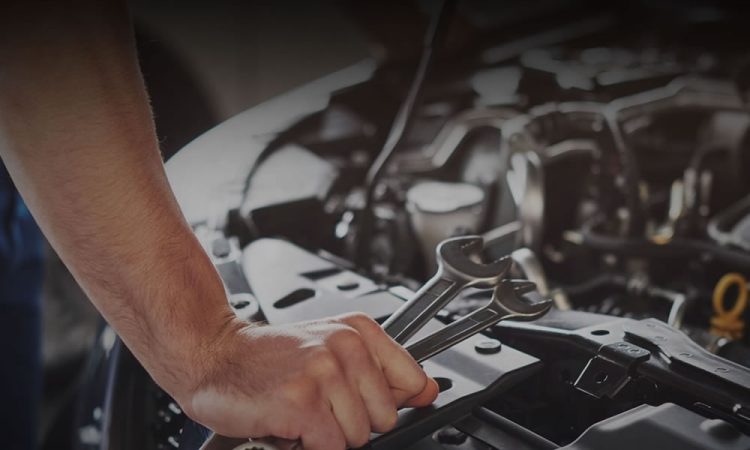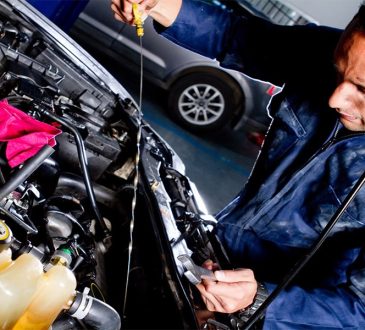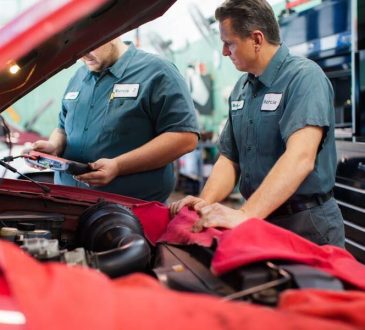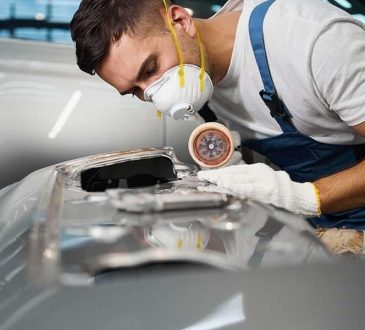
Wheel studs hold a car’s wheels firmly in place. They keep the tires steady and safe during motion. Many car owners tighten lug nuts with full force. They believe tighter means safer. But this belief often causes damage. Over-tightening creates stress on the studs. It weakens the threads and their hold. A wheel can even fail while driving. Understanding the correct torque matters for every vehicle. It ensures longer part life and safer trips. Ignoring this small detail can lead to costly repairs. It can also risk safety on the road. Proper tension saves time and money.
Hidden Damage from Excess Pressure
Over-tightening creates invisible harm. A wheel stud can stretch under too much force. The metal loses its strength slowly. It may look fine to the eye. But inside the threads start to deform. Stress changes the stud’s natural shape. When the structure weakens it cannot hold properly. A small crack can grow fast. Then a wheel may wobble or come loose. Many drivers miss these early signs. The damage then spreads to the hub area. A simple mistake during tightening can become a major hazard. Controlled pressure by Auto Repair in Chesapeake, VA based companies like West Service Center keeps every wheel secure.
Thread Stripping and Broken Studs
Thread stripping is a common result. The threads lose their grip when overtightened. The nut then slides with less hold. This creates imbalance on the wheel. Once stripped the stud cannot lock correctly. It becomes useless in that spot. Sometimes the stud breaks outright. That break often happens during high loads. Rapid acceleration or braking adds more stress. A broken stud endangers the wheel. Repair work becomes harder and more expensive. Every new stud must match perfect torque again. Avoiding this issue starts with gentle care from West Service Center. Tight means firm not extreme.
Heat and Metal Fatigue Effects
Over-tightening also builds heat. Heat changes the metal texture. Friction grows within the threads. Over time the friction wears down the surface. Exposed metal faces corrosion faster. Fatigue then grows in the stud core. Each drive adds new strain. The stud quality weakens with every cycle. Sudden shifts on rough roads increase stress. When combined with high heat the metal becomes brittle. Once brittle a stud may snap under force. Such failure can cause loss of control. Proper torque avoids excess heat buildup. It allows smooth and safe operation always.
Safe Tightening Practices
Always use a torque wrench for accuracy. It ensures even tension on all studs. Each lug should hold firm yet flexible. Clean threads before tightening. Dirt increases friction and false readings. Use gentle turns in a cross pattern. This spreads pressure evenly around the wheel. Check the owner guide for torque limits. Following these limits keeps the studs healthy. Recheck wheels after a short run. This confirms no early loosening happens. Balanced pressure means long-lasting hardware. Learning this small habit prevents many risks. A little attention gives peace every trip.





